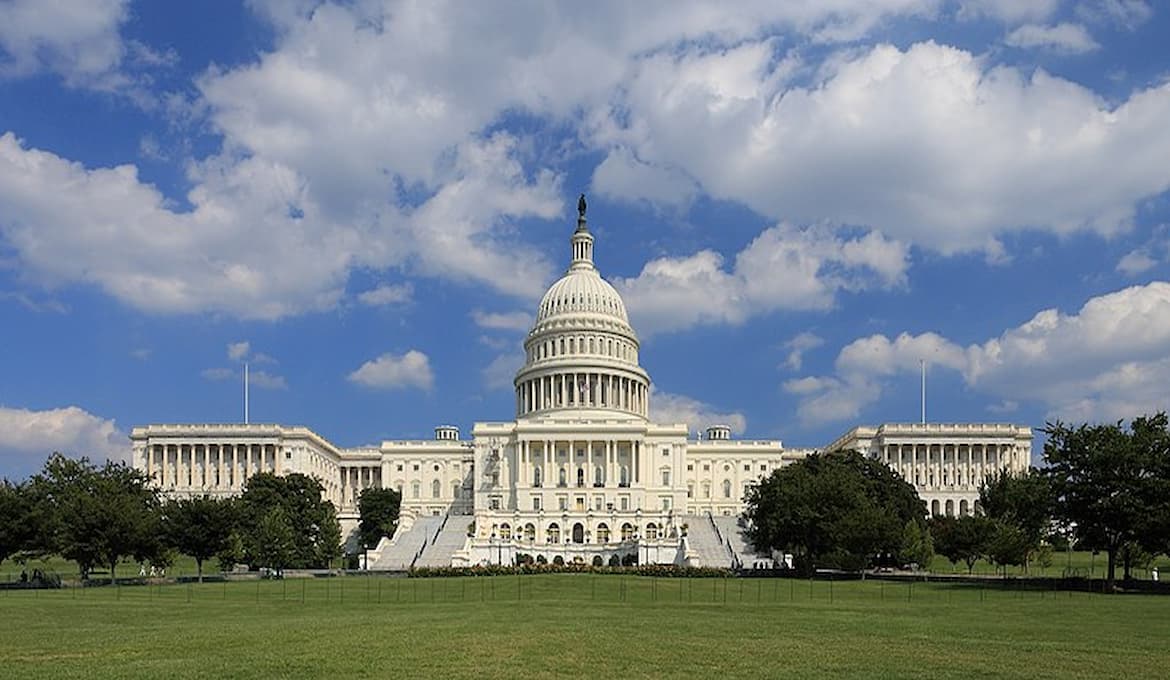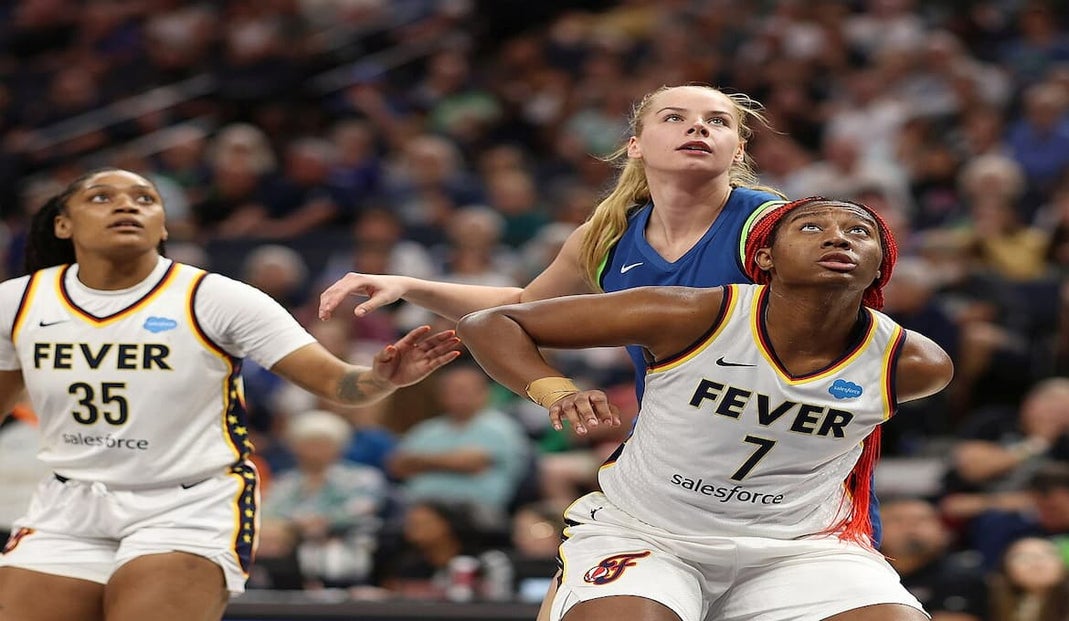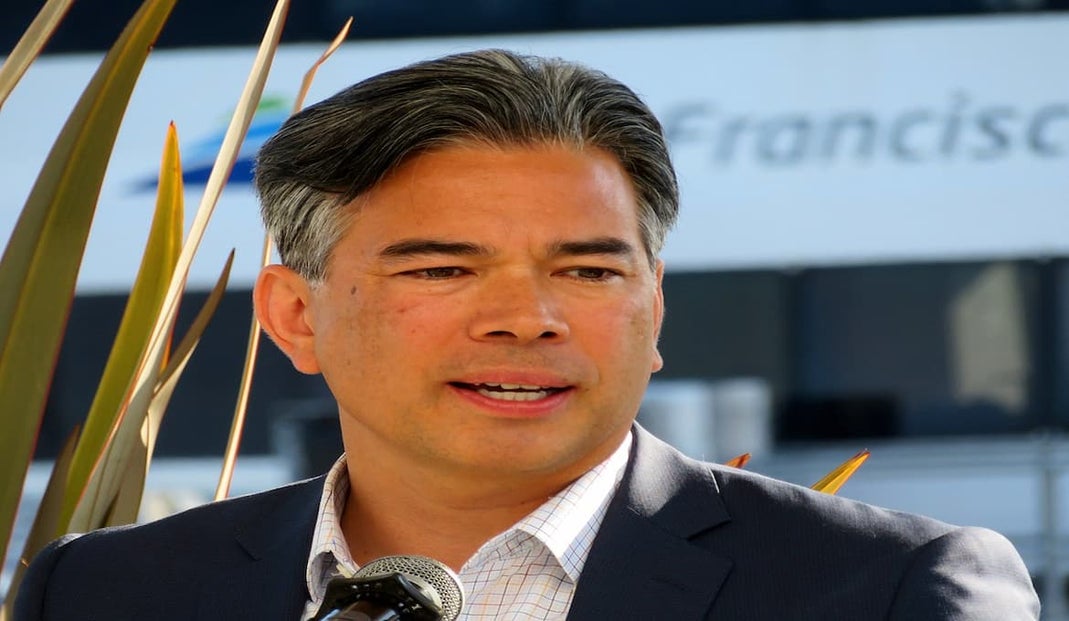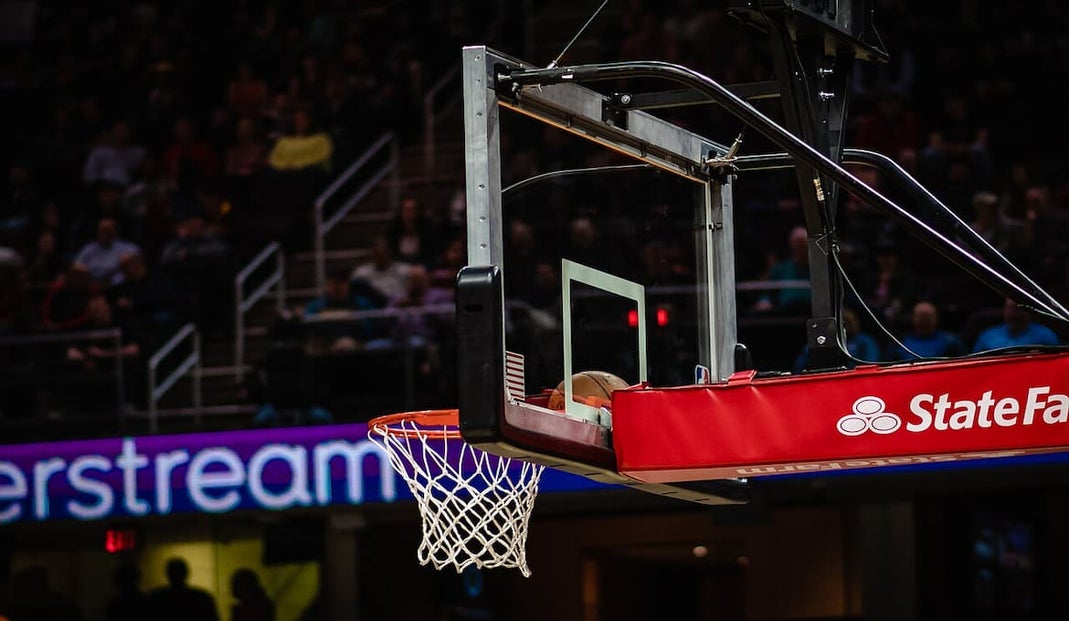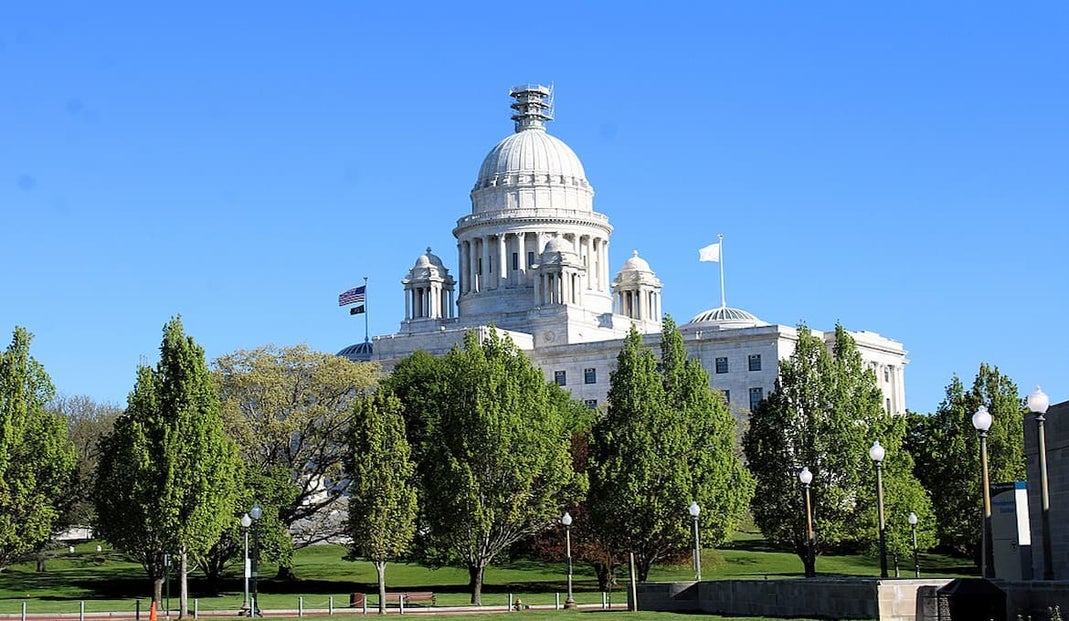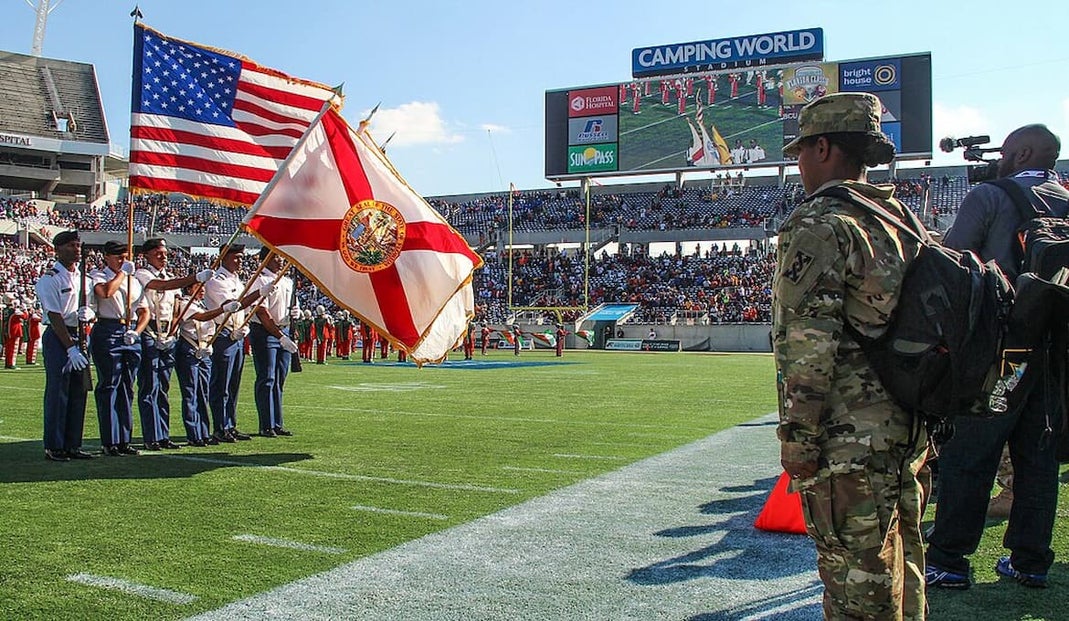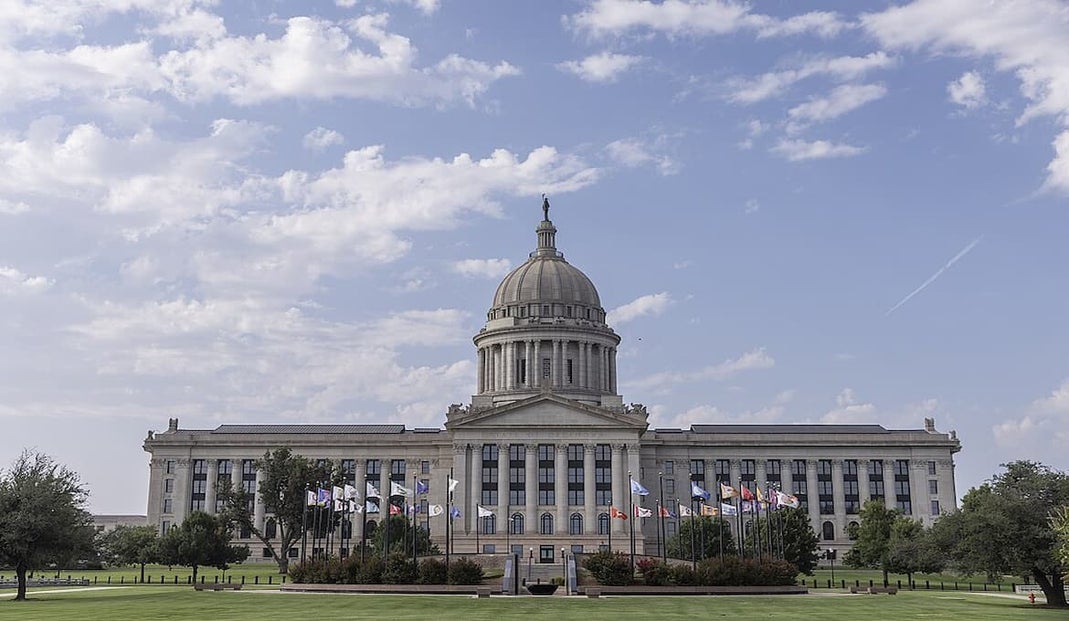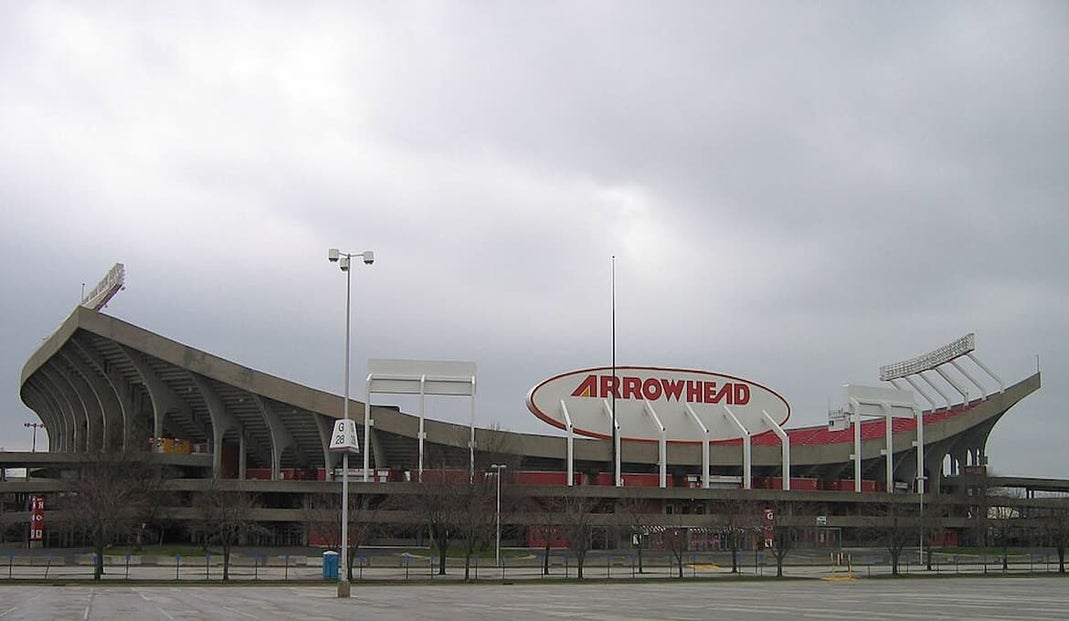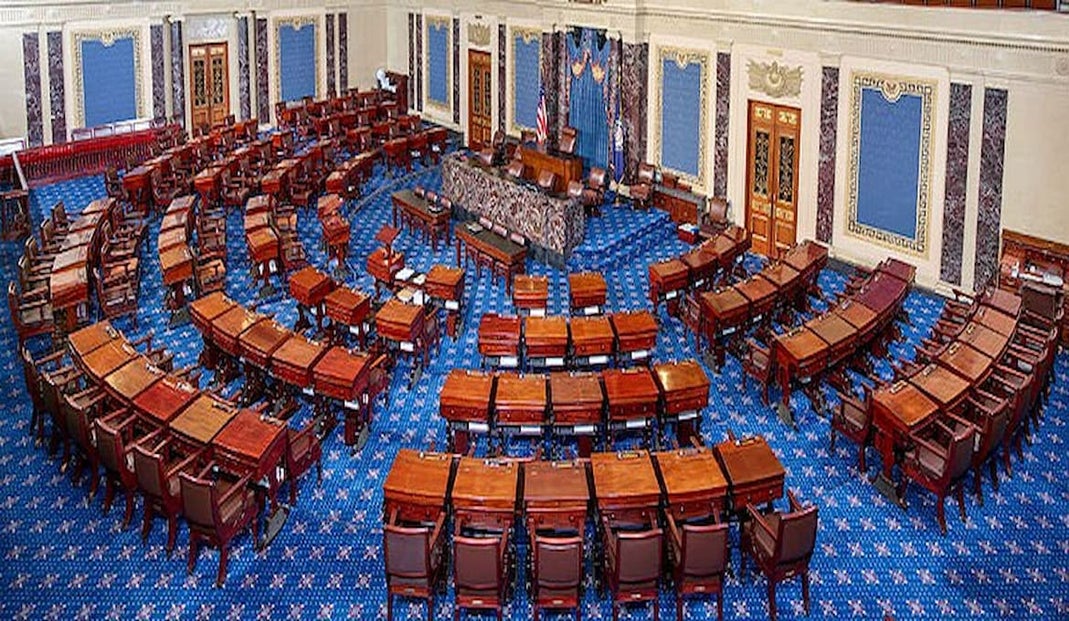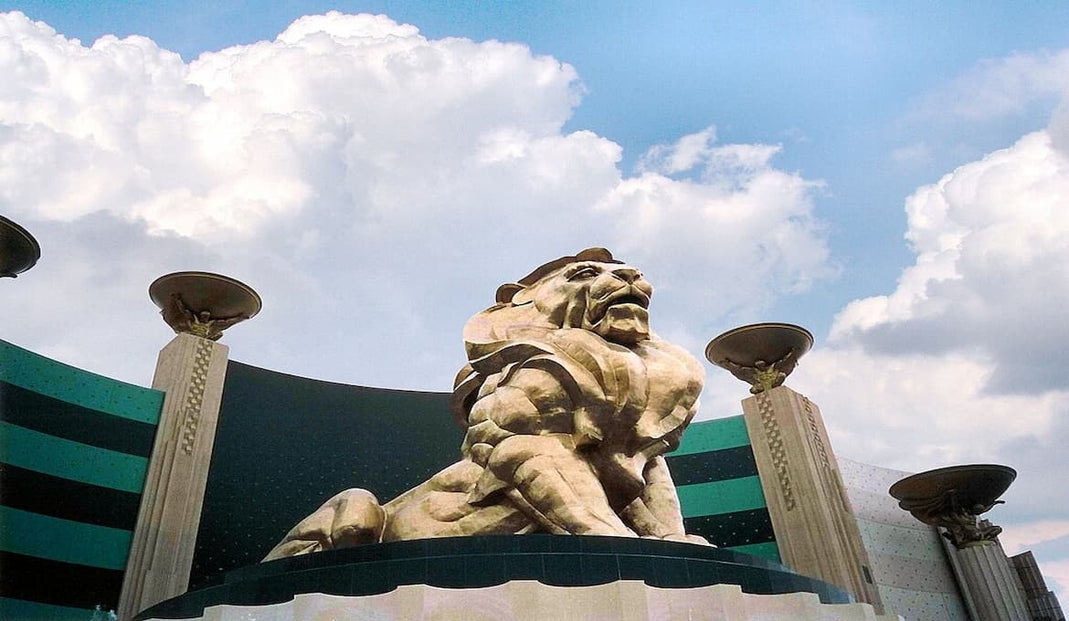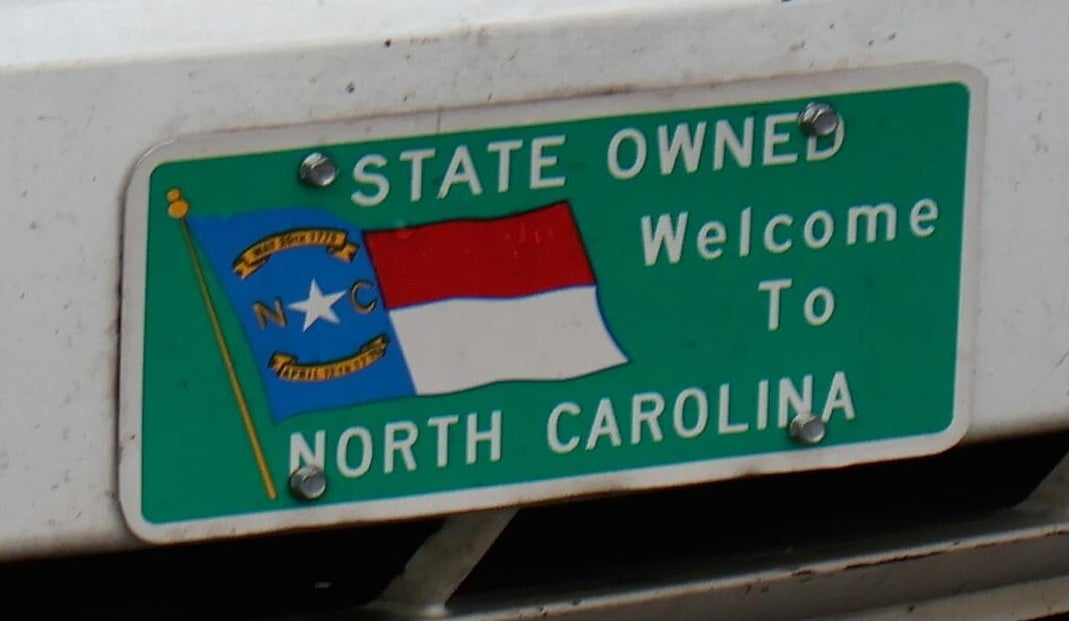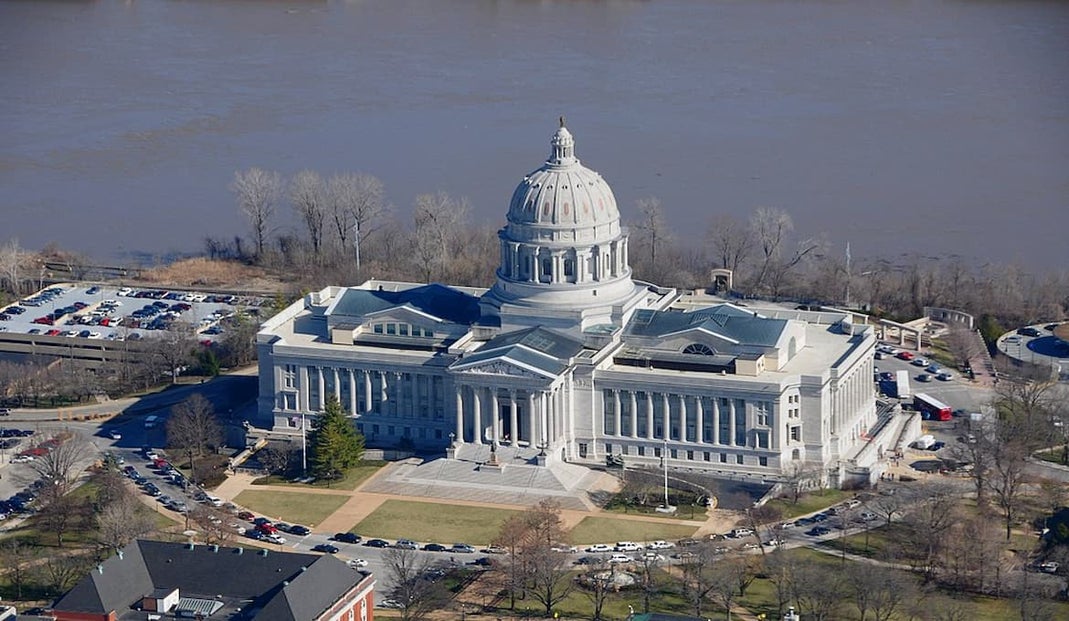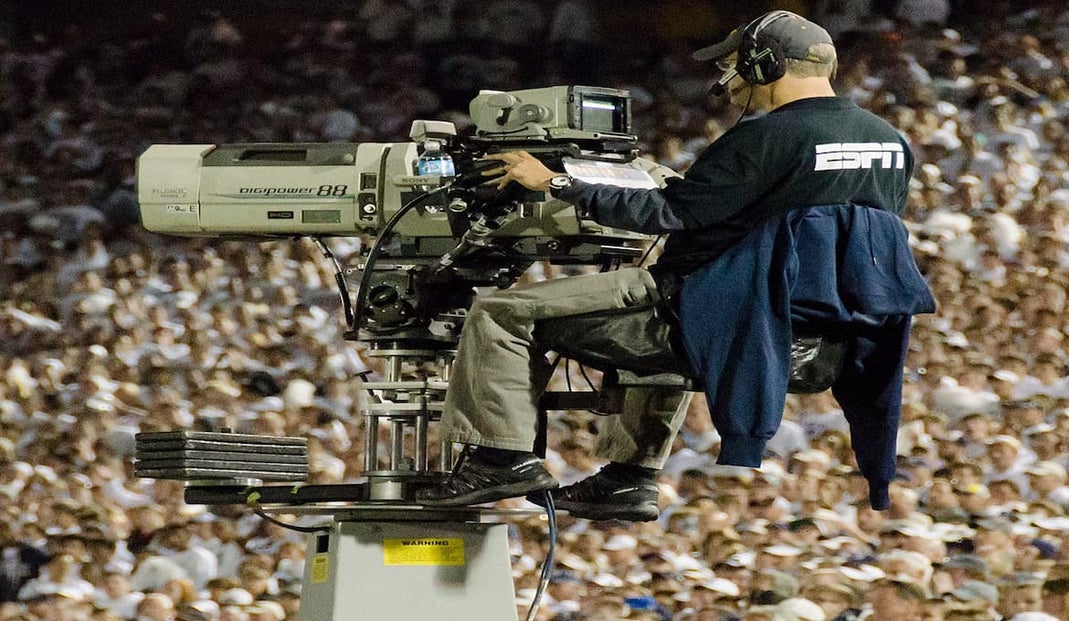Where is the Tax Revenue Going?
There are several reasons behind the proposal, but one of the most significant concerns is where the money from the tax is going. Supporters of the bill claim that the IRS could not show where the funds from the tax are going. The tax revenue generated is significant, but there is no way to show that it benefits the American people.
If the claims from the bill’s sponsors are correct, it could be enough to sway some members of Congress to support the effort. However, there are two possible issues with this argument. First, opponents could help determine where the money has been going. Second, the bill could lead Congress to keep the tax and redirect it toward problem gambling programs.
Debate Over Impact of Sports Betting Continues
The bill to eliminate the federal tax is just one of many sports betting proposals currently being considered by Congress. Most of those other bills focus on increasing taxes and regulations for operators, making this one unique.
While each bill will be considered separately, they continue the debate over the true impact of sports betting. Opponents of the industry will argue that the tax revenue generated is insufficient to cover the damage to residents. However, proponents quickly point out the jobs it also generates, which would be affected by increased regulations.
Will Industry Support Help?
This bill is just the latest proposal to end the old gambling tax. Several other attempts have been made but failed to make much headway before being rejected. However, this time could be different.
Over the last year, we have seen a slew of states push to increase taxes on operators. Almost every attempt has failed due to the pushback from sportsbooks and other industry members. The money behind their opposition has overwhelmed state opponents, but can that work against the federal government?
We expect this proposal to come with fierce support from the sports betting industry, but time will tell if it is enough to get the bill passed.


